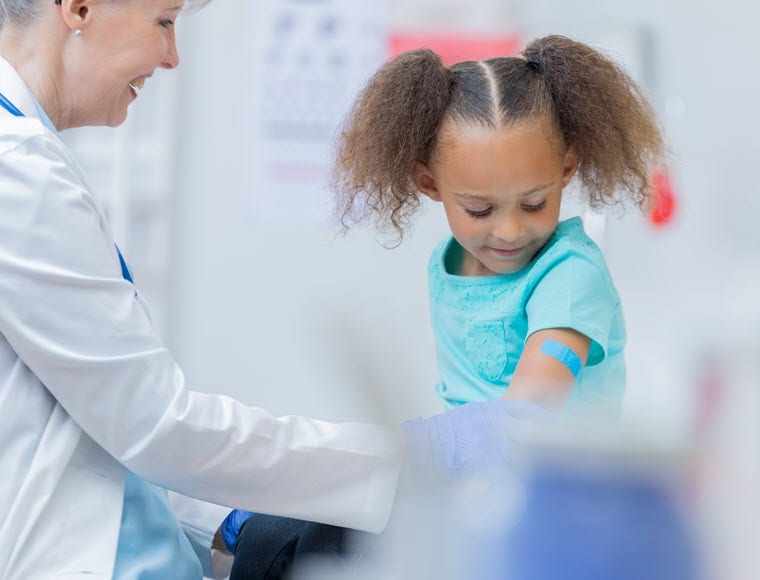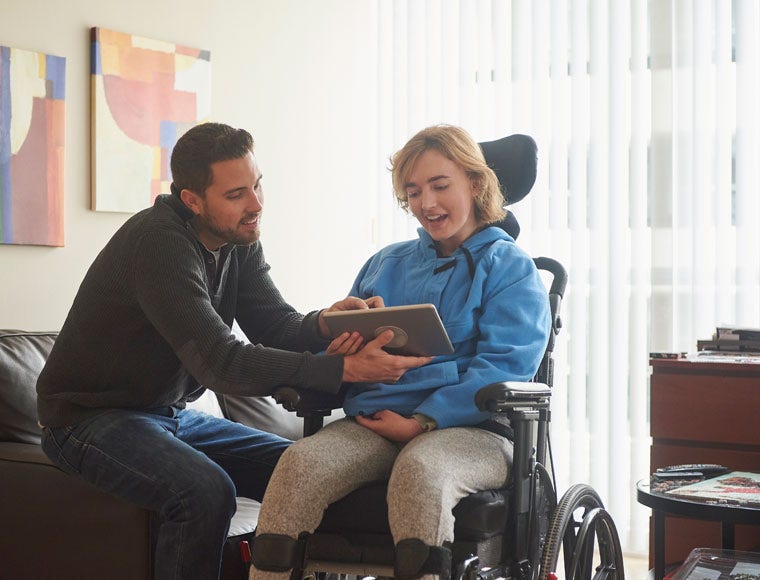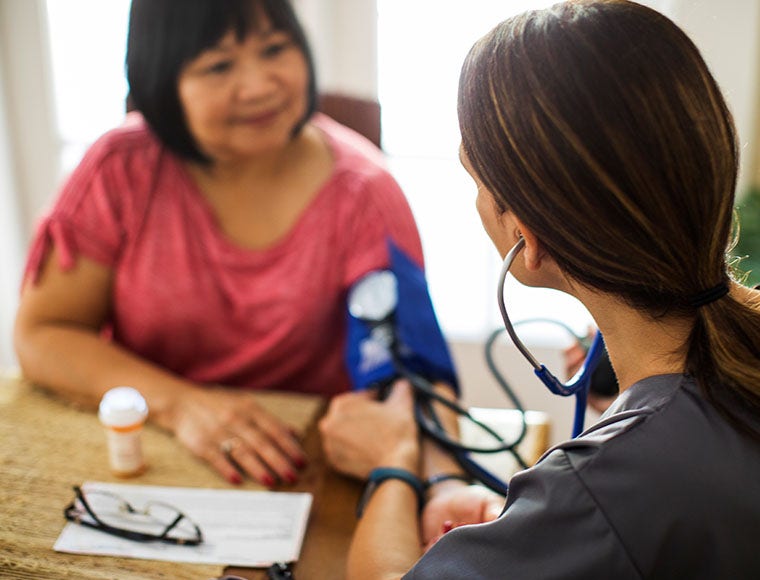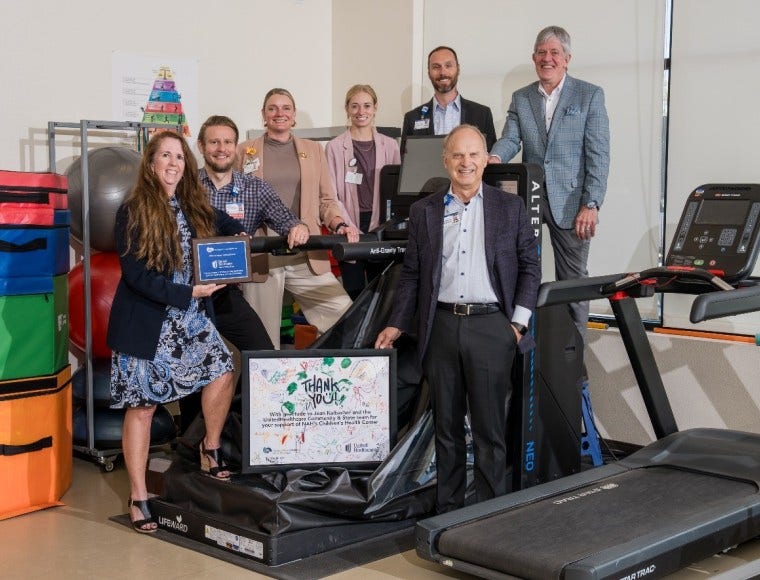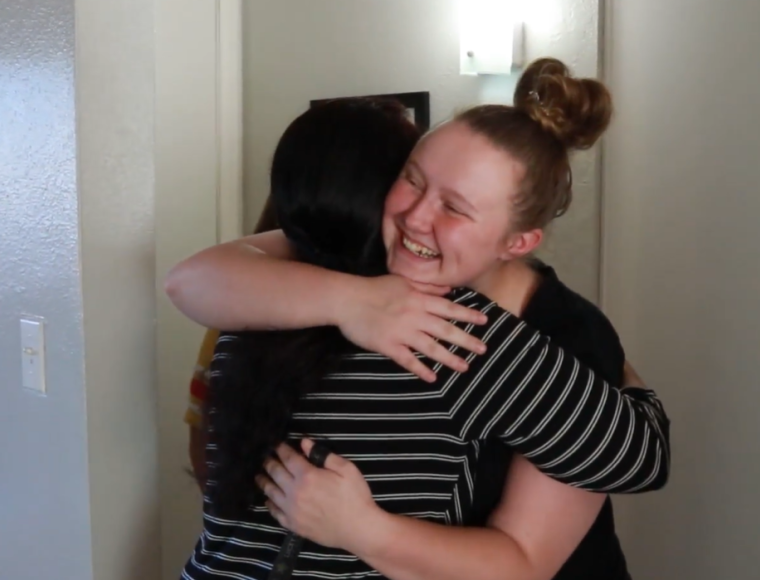At UnitedHealthcare Community Plan of Washington, we are committed to developing innovative, community-led solutions to meet the most pressing health needs affecting people in Washington. Over the past two years, we have put that commitment into action by contributing over $2.5 million to community organizations, health clinics and educational institutions all across the state. These organizations are making an impact in key areas, like social drivers of health and equitable access to care, that drive health outcomes for the people that we serve.
Access to care
Equitable access to timely, high-quality health care is critical for advancing population health and increasing preventive care.
All 39 counties in Washington have a partial or whole-county shortage of health care providers, making it more challenging for many people to access the care they need.1
We invest in community-based health programs, because these health centers are embedded in our communities and address many of the barriers that our members may face. To further our commitment to strengthen the health care workforce and improve the health system serving Washington, we have invested in these organizations:
39
All 39 counties in Washington have a partial or whole-county shortage of health care providers.
2.9%
While 2.9% of babies are born to people living in rural counties, just 0.7% of maternity care providers practice in rural counties in Washington.
$2.5M
UnitedHealthcare has contributed over $2.5M to organizations across the state.
- Fourfront Contributor to assist with Community Behavioral Health Center certification.
- Yakima Valley Farm Workers Clinic and Community Health Care to expand staff resources to address population health needs.
- University Of Washington and Northwest Portland Area Indian Health Board to award scholarships for students interested in pursuing healthcare careers.
- Seattle Children's Hospital Foundation for pediatric residency training and food distribution among patients in need.
- HealthPoint to provide services and care navigation to people experiencing houselessness.
Social drivers of health (SDOH)
Social factors like access to housing, transportation and healthy food have an outsized impact on health. Washington State has the fifth highest housing wage – the hourly wage needed to afford a two-bedroom apartment – in the country.2 Nearly 700,000 people in Washington experience food insecurity, including nearly 200,000 children.3 These challenges are compounded for people living in rural communities and/or people of color, who face additional barriers. We are supporting these organizations that are working to address SDOH, including within underserved communities, across the state:
- Catholic Charities Eastern Washington for case management for residents of permanent supportive housing projects.
- Nourish Food Bank to offer food and support for screening and prevention of diabetes.
- Family Crisis Network to support housing needs.
- Okanogan County Community Action Council to support new a food distribution center.
- Washington Food Coalition for awareness and education.
- Cocoon House for young people experiencing homelessness.
- The Moore Wright Group to enhance food distribution in the Grays Harbor and Pacific areas.
- La Casa Hogar to support adult education.
- Peace Health to address food insecurity.
- Domestic Violence Services of Benton and Franklin Counties and WorkForce Central to provide employment training and resources to individuals in need.
- Vine Maple Place to support behavioral health services for children experiencing homelessness.
Behavioral health and substance use
Washington has experienced a sharp increase in drug-related deaths, with a 93% increase in deaths per 100,000 people between 2016 and 2021.4 Adults in Washington also report a high prevalence of frequent mental distress. The percent of need for health professionals met – defined as the ratio of available psychiatrists to the number needed to eliminate a Health Professional Shortage Area designation – is just 16% in Washington.5 These organizations are working to address these challenges by increasing access to care and education:
- MultiCare to expand access to their behavioral health network and primary care programs.
- University Of Washington Advancing Integrated Mental Health Solutions (AIMS) Center to train nearly 70 behavioral health providers.
- North Central Accountable Community of Health, Pierce County Alliance, Better Health Together and Greater Health Now Accountable Community of Health to deploy Narcan, a medication to treat opioid overdoses, at no cost to community members.
- Kalispel Tribe of Indians-Camas Path Behavioral Health Science to help implement new substance use disorder (SUD) treatment curriculum with culturally relevant activities.
- Olympic Educational Service District 114 to support the mental health of children, with a focus on remote and underserved communities.
Children’s health and development
When kids can receive the health care they need, they are more likely to do well in school, attend college, and become healthy adults.6 These organizations are working to support kids’ mental health and social needs:
- Navos and MultiCare to support infant and early childhood mental health.
- NEW Health to provide internships and career training to rural youth.
- El Centro De La Raza and Boys and Girls Clubs of Washington State for case management and after-school programs for elementary and middle school-aged students.
- LINC NW to increase awareness of youth suicide prevention.
- Community Integrated Health Services to expand school-based behavioral health services and services for students who have been expelled from school.
- YMCA Of Greater Seattle to support youth programming like events, sports leagues and swimming lessons.
Maternal health and patient programs
Access to prenatal care varies across the state, with disparities based on geography and for Medicaid members, who were found to be less likely to begin prenatal care in the first trimester.7 While 2.9% of babies are born to people living in rural counties, just 0.7% of maternity care providers practice in rural counties in Washington.8
These organizations are expanding access to maternal care and developing innovative programs to serve patients:
- Swedish Medical Center Foundation to expand the doula workforce and to support birthing parents with racially and culturally concordant dula support.
- Neighborcare Health to support Midwifery program and reduce birth-related care disparities.
- Volunteers Of America Western Washington for support peer groups for young parents in Lake Stevens.
- Peninsula Community Health Services to remodel a medical respite facility.
- Lewis County Community Health Services to address nutritional disparities among populations in need.
- International Community Health Services and Community Health Center of Snohomish County to support patient outreach and education.
Sources
- https://www.ruralhealthinfo.org/charts/5?state=WA
- https://www.nlihc.org/oor
- https://www.feedingamerica.org/hunger-in-america/washington
- https://www.americashealthrankings.org/learn/reports/2023-annual-report/state-summaries-washington
- https://www.kff.org/statedata/mental-health-and-substance-use-state-fact-sheets/washington/
- https://kidshealthcarereport.ccf.georgetown.edu/states/washington/
- https://doh.wa.gov/sites/default/files/legacy/Documents/Pubs/160-015-MCHDataRptPrenatal.pdf
- https://www.marchofdimes.org/peristats/assets/s3/reports/mcd/Maternity-Care-Report-Washington.pdf






